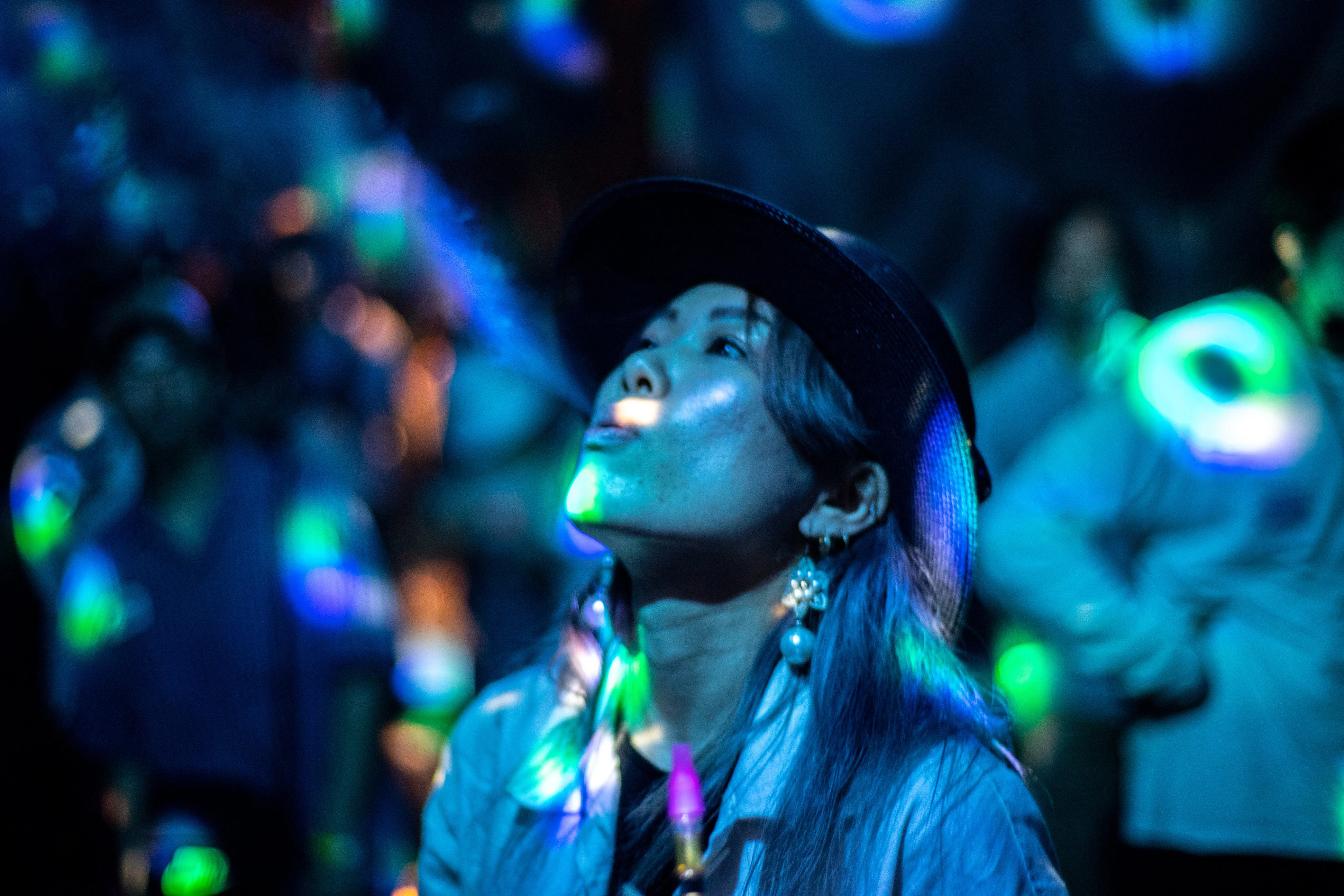By Julian Ryall
Copyright scmp

A night out in Okinawa ended in an ambulance ride for one young woman, her body unresponsive after a single puff from an e-cigarette.
She had joined a growing cohort of Japanese youth being ensnared by “zombie juice”: a potent sedative sweeping Asia’s party scene that is now causing alarm in Japan.
Etomidate, a drug once reserved for use in operating theatres, has increasingly found its way into the hands of young club-goers, smuggled in by criminal syndicates and inhaled through flavoured e-cigarettes.
Its metamorphosis from medical anaesthetic to illicit party drug has been well documented. Called “space oil” in mainland China and Hong Kong – and “Kpods” in Singapore – etomidate has quietly infiltrated Asia’s nightlife, its effects amplified when vaped, sometimes in combination with cannabis, ketamine or other illicit substances.
In response to its rising use in Japan, the Health Ministry issued a sweeping new ordinance that outlawed etomidate’s manufacture, import, sale, possession and use, effective May 26.
Minoru Iijima, deputy director of the ministry’s compliance and narcotics division, told This Week in Asia that four instances of people requiring medical treatment following the drug’s use had been recorded in Okinawa prefecture, with an additional two cases in Mie.
He declined to discuss how the drug was being trafficked into Japan, citing ongoing investigations, but confirmed that a coordinated crackdown was under way.
“We are working closely with other departments in the health ministry and other ministries, as well as with police and customs in an attempt to stop more of the narcotic being brought into Japan,” Iijima said, adding that these efforts extended across borders through collaboration with other countries in the region.
While still legal for medical use in the United States, Canada and parts of Europe, etomidate’s recreational abuse has triggered public health scares across Asia in recent years.
Japan became the latest flashpoint this summer. In Okinawa, two men were arrested on July 9 for possessing e-cigarette liquid laced with etomidate. The following day, police detained a 16-year-old boy on a similar charge.
In an interview with the Okinawa Times last month, a woman in her twenties recounted her harrowing experience after inhaling an e-cigarette outside a bar.
She described gradually losing control of her body before falling, hitting her head and being rushed to hospital in an ambulance. “Zombie juice” was a fixture among teenagers and twenty-somethings, she told this newspaper, first appearing in clubs and bars about a year ago, often sold in flavoured cartridges and mistaken for a legal high.
Users have reported violent shaking, emotional swings, slurred speech, blackouts and confusion. After-effects include the inability to think straight and nausea. Watching others under the drug’s influence was like seeing “an insect that has nearly been killed with insecticide”, the woman said.
Local investigators believe the narcotic is being ferried into Japan by domestic crime groups with ties to gangs across East Asia.
“We suspect that within [Okinawa] prefecture, there is a distribution channel from a crime syndicate with overseas connections,” one investigator told the Okinawa Times.
Authorities have been reticent about the details of their international enforcement efforts, but health experts say the crackdown reflects a growing anxiety about vaping’s dark side.
Once marketed as a safer alternative to smoking, e-cigarettes have become a Trojan horse for highly potent, easily disguised narcotics.
No ‘safer’ alternative
Japan is not the only jurisdiction in the region mounting a response to the rise of etomidate.
Singapore this month began classifying etomidate as a controlled substance, following on the heels of earlier bans in Hong Kong, Taiwan and mainland China.
Teo Yik Ying, dean of the National University of Singapore’s Saw Swee Hock School of Public Health, has called for etomidate to be controlled across the region.
“Claims that e-cigarettes are safer than traditional cigarettes are dangerously misleading. They are often just as harmful, even more so when laced with narcotics,” he wrote in an article for The Straits Times in July.
Young people experimenting may not even realise what they are smoking until they find themselves overwhelmed
Teo Yik Ying, Singapore’s Saw Swee Hock School of Public Health
“Because it is impossible for e-cigarette users to determine the ingredients of vape juices, drug-laced vapes are virtually indistinguishable from the standard variants. Young people experimenting may not even realise what they are smoking until they find themselves overwhelmed minutes later.”
Last week, a 40-year-old man was charged under Singapore’s Misuse of Drugs Act after being found with more than 40 vape pods containing etomidate, becoming the first person to be charged with an etomidate-related offence since the substance was listed as a Class C drug in the city state earlier this month.
In Hong Kong, etomidate possession or use now carries a penalty of up to seven years’ imprisonment and a HK$1 million (US$128,600) fine under the Dangerous Drugs Ordinance, or life imprisonment and a HK$5 million fine for trafficking.
Mainland China’s National Narcotics Control Commission has put etomidate on its list of controlled substances, while Taiwanese authorities have similarly reclassified etomidate as a controlled drug.



